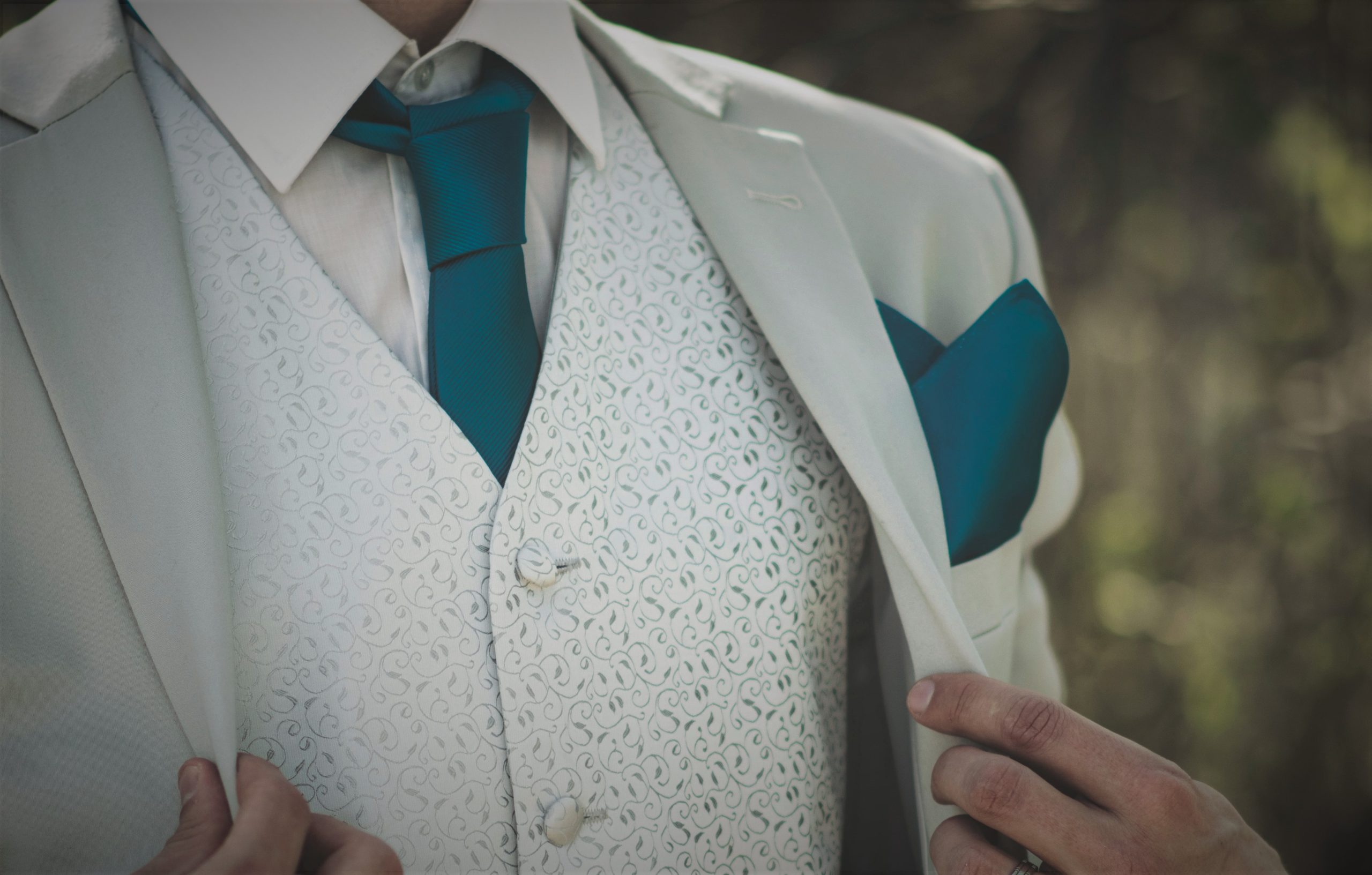
The first half of this week’s Torah portion is devoted to the details of the vestments worn by the Kohen Gadol (High Priest) while serving in the Mishkan (Tabernacle) in the Desert, and eventually in the Holy Temple in Jerusalem. Each of the eight articles of clothing worn by the Kohen Gadol enclothed him in symbolism and spiritual meaning. The breastplate represented justice, the robe – proper speech, and the turban – avoiding arrogance, to name a few.
The moral principles represented by the vestments would serve as a constant reminder to the Kohen Gadol, charged as he was with the lofty duties of the Temple service. The clothing covered his entire body, besides his face, hands, and feet, and thus every moment of his service he would either see or feel the symbols of his moral obligation (Sefer Hachinuch 99).
We all have a moral imperative, much like the High Priest. Although we don’t serve in the Temple, we are of service to other people, ourselves, and ultimately to G-d Himself. The blessing of life obligates us all to serve and carry out our responsibilities faithfully, and we can all benefit from similar reminders.
This may be a source of the custom for Jewish men to wear a Yarmulka, or Kippa, on their heads. The name “Yarmulka” is said to be a contraction of the two Hebrew words “Yarei Malka” — one who reveres the King. This visible head-covering is a personal and public reminder that we always live in the presence of G-d. Stories are told of great rabbis who, when they felt a need to discipline a child or student, would first don a special coat or hat worn solely at those times. First and foremost, stopping for a moment to go get a piece of clothing helped cool any personal anger, and also reminded them that discipline was not, and cannot be, some sort of reaction or act of anger, but an instructive and compassionate part of education. When they wore their special coat, they placed themselves into the role of a loving teacher.
In our “let it all hang out,” dress down culture, it may not be popular to suggest we dress for success, but it would be a shame to pass up this effective medium for change and motivation. A lawyer dressed in tank top and flip flops not only risks losing the confidence of his clients, but the quality of his own work. Visiting a synagogue while similarly dressed compromises the reverence and significance of meaningful prayer. In fact, Jewish laws of prayer state it is best to wear something special when we have the honor to stand before the Al-mighty in prayer, even outside of the synagogue, whether this is a special jacket, hat, or even belt (Shulchan Aruch, OC 98:4).
Our values and morals should be precious to us, and what is precious we try to protect and keep in the forefront of our minds. May we all be successful in the efforts we take to preserve and uphold our cherished values.


